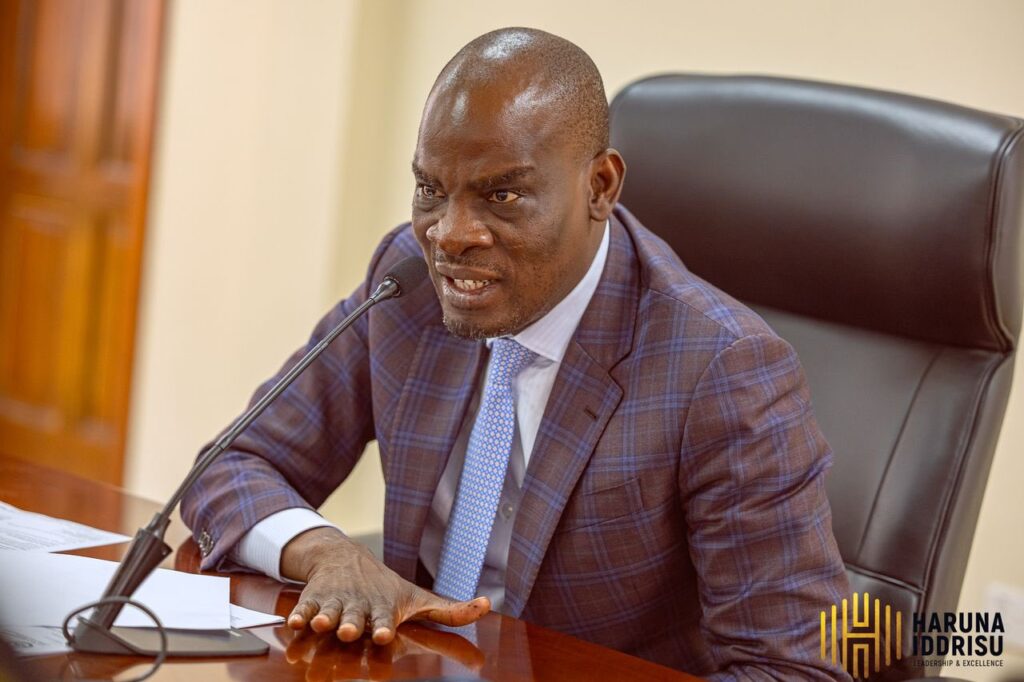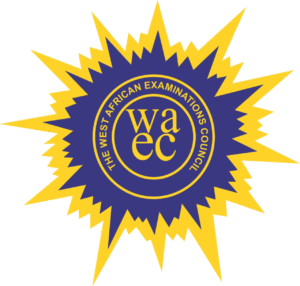Government Initiates Measures to Guarantee Inclusive Free Tertiary Education for Persons with Disabilities

The Government of Ghana, under the leadership of Education Minister Haruna Iddrisu, is taking decisive steps to ensure that persons with disabilities have equitable access to tertiary education. As part of a renewed commitment to inclusive education, the minister has encouraged members of the Ghana Federation of Disability Organisations to enroll with the Students Loan Trust Fund (SLTF) in order to benefit from the free tertiary education policy promised by President John Dramani Mahama.
Speaking during a meeting with the Federation’s leadership, Mr. Iddrisu explained that the Ministry of Education is currently working with the Ghana Tertiary Education Commission (GTEC) to collect comprehensive data on students with disabilities. This data, he said, will be critical in shaping the successful rollout of the inclusive education initiative.
“Foundational learning and inclusive education are at the heart of our education reform agenda,” the Minister stated. “We believe that accessible education is a right, not a privilege. The support pledged by President Mahama will be fulfilled, and steps are already in motion to ensure that persons with disabilities are not excluded from the benefits of higher education.”
Mr. Iddrisu further emphasized that this initiative is in line with President Mahama’s broader “resetting agenda” aimed at building a more inclusive and fair society. “The vision of John Mahama is forward-looking. Let’s judge his commitment by what he is doing today and his plans for the future. This inclusive policy is part of that future,” he added.
As part of the effort to implement the free tertiary education policy, the Education Minister announced the establishment of a strategic committee to develop a practical roadmap. The committee, chaired by Deputy Education Minister Dr. Clement Apaak, will include key stakeholders such as the CEO of the SLTF, the President of the Ghana Federation of Disability Organisations, and two additional representatives from the Federation, one of whom must be a woman. This team will oversee the framework and operational design of the policy, ensuring that it addresses the real needs of students with disabilities.
During the meeting, the President of the Federation, Joseph Atsu Homadzie, expressed gratitude for the government’s continued efforts to create an inclusive education system. He highlighted the urgent need for investments in infrastructure, assistive technologies, and learning tools that support students with physical, visual, hearing, and learning disabilities.
He also reiterated the importance of introducing sign language education at the basic school level, a pledge made by President Mahama during his campaign. “This is not just about access, but about quality and dignity in education. We want every learner, regardless of ability, to have the tools they need to succeed,” Mr. Homadzie noted.
Minister Iddrisu responded by reaffirming the government’s intention to prioritize sign language and other accessibility measures in the broader education reform plan. He said Ghana was poised to become a regional leader in inclusive education by implementing policies that not only provide financial support but also address systemic barriers.
With concrete measures underway and collaborative frameworks being established, the government’s initiative signals a strong commitment to transforming tertiary education into a space that truly accommodates and empowers all learners, regardless of physical or cognitive ability.





